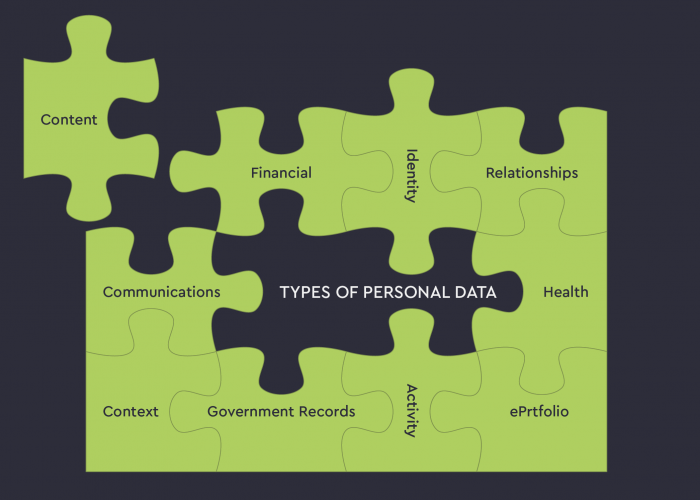The right recipe for digital disaster is to deny and ignore the importance of cybersecurity, especially in today’s reality. In recent years, many unprepared companies had to close down due to cyberattacks.
Not a single business is safe anymore! Cybercriminals from all over the world, with different levels of expertise, are looking for opportunities. To build a cyber-resistant business, we have to put in a lot of effort, but it is worth it because the risks are too real and destructive.
Cybersecurity is directly related to reputation management – protecting the company’s digital assets and maintaining customer loyalty. In 2019, Forrester Consulting found that almost 40% of the surveyed managers have lost business due to lack of security. After the cyber incidents, even the most loyal customers lose trust. That proves that the company’s name is one of the most valuable assets, although it is intangible. When a business is unable to protect its system, reputation losses are inevitable. Large companies are usually still able to survive the damage, but small companies rarely recover.
The most common cyber threats that companies face today are:
– Phishing attacks
– Insider threats
– Ransomware
– Weak passwords and bad password management
– Data leakage from suppliers and third parties
– Network Attacks
– Vulnerabilities in applications
Forecasts
According to the PwC study, cybersecurity becomes a strategic priority, and the pandemic has contributed to it. The role and attitude towards CISO are also gradually transforming. Operational leadership is not a priority anymore. IT security leaders will now play a more prominent role. The main challenge is to lead cross-functional teams to create flexible, future-oriented security decisions that should support the organization’s strategic goals.
Cybersecurity will be one of the main factors in any business decision. That may have affected the plans of 56% of respondents to increase their cyber budget in 2021. Also, 51% of respondents plan to increase the staff of their information security units next year.




